In his address to a joint session of Congress on Tuesday, President Trump for once dropped the firebrand rhetoric and aggressive language that characterized his campaign last year and his first six weeks in office. However, although his prose took on a human element—and lacked the vitriolic rhetoric many have come to expect from him—the content of his policies on drugs, crime, and immigration has remained essentially unchanged. Even if couched more sweetly, these policies remain aggressive and counterproductive.
Drugs
In his speech, President Trump portrayed a United States being flooded with drugs. The wall that he seeks to erect along the U.S. border with Mexico and the mass deportation of undocumented workers are supposed to stop that flood. The characterization is misleading, and the cure he offers is ineffective and potentially counterproductive.
Yes, the United States has been struggling with a heroin and opiate epidemic that the Obama administration devoted much effort to reverse. But the epidemic did not originate with opiates flooding in the United States, but rather with over-prescription of legal painkillers. The subsequent efforts to reduce the abuse of legal painkillers drove many addicts to seek illegal opiates—such as heroin, mostly supplied to the United States from Mexico. In fact, the president offered no evidence that the total bulk of drugs entering the United States has dramatically increased, and there is no reason to believe it has.
Drug markets go through epidemics, as users discover and switch to new drugs for a variety of reasons. A decade and a half ago, it was domestically-produced methamphetamine, and when the U.S. government cracked down on domestic production, it drove production again to Mexico. In fact, Mexico has a legitimate claim that it is the explosion of U.S. demand for illegal opiates that has stimulated an increasing cultivation of opium poppy in places such as Guerrero, intensifying infighting among the criminal groups there over the drug turf.
A new border wall won’t stop drug flows. The existing fence has not, and interdiction has not been able to achieve that in decade after decade of efforts. Traffickers will dig tunnels, will fly drugs over the border with drones or smuggle them on boats, as well as hide drugs among legal goods. Even effective interdiction merely changes the smuggling routes and methods, unless demand is suppressed. That requires treating users, not imprisoning them. Equally important, dealing with the heroin epidemic requires the spread of harm-reduction measures such as increasing the ready availability of medications like naxalone that can reverse overdose, or by providing clinics where addicts can inject under medical supervision without the fear of being imprisoned.
Crime
Interdiction and law enforcement more broadly play a very important role in shaping and restraining the behavior of organized crime. While Trump stayed away from the word “carnage” in this speech, he spoke of unidentified cartels that have spread through the United States. Yes, Mexican drug trafficking groups—such as the Sinaloa Cartel—appear to be the largest criminal groups in the United States, controlling much of the wholesale distribution of drugs here. But they do not control most of the crime in the United States, nor can significant violence be directly attributed to them. Rather, because of U.S. law enforcement effectiveness, the Mexican cartels in the United States have been strikingly peaceful, unlike in Mexico.
If U.S. law enforcement is to continue deterring the cartels from resorting to violence, police departments must maintain good relations with local communities that are crucial sources of intelligence. President Trump is right that supporting U.S. law enforcement and justice officials is necessary. But pushing them into mass hunts for undocumented workers is not the way to make real progress. Rather, it would make their important jobs all the harder and in fact undermine their work, as they lose support and intelligence from local communities.
Immigration
Nor did President Trump offer evidence to support his claim that, as he spoke, scores of bad hombres were being deported out of the United States. No doubt the White House has instructed many agencies to conduct massive dragnets for undocumented workers, with new executive orders ordering local police departments and cities to take on tasks that I’ve argued are burdensome and counterproductive. What’s needed is a real prioritization of undocumented workers with serious criminal records, but that’s been lacking. In fact, the Trump administration has sought to classify all kinds of misdemeanors as crimes sufficient to allow immediate deportation and the suspension of due process in the deportation and asylum mechanisms. The Obama administration, in contrast, did prioritize deporting immigrants with serious criminal records (and deported many).
The plan to hire some 10,000 new immigration officers to conduct even larger dragnets flies in the face of his problematic promises to reduce the size of many government agencies (nor did the president specify how hid administration will pay for such hires). The last time U.S. immigration authorities were instructed to engage in a hiring spree—during the George W. Bush administration—Mexican cartels put forth their own members and recruits to apply; some got in, with directives to hire quickly hindering proper vetting. The result, predictably, was a significant rise in corruption in the U.S. border patrol, which subsequently required extra effort and time to unmask and clean up.
Although some observers were taken by Trump’s milder tone in his speech before Congress, be warned: his unmoderated policies toward crime, drug policy, and immigration remain fundamentally problematic and counterproductive.
The Brookings Institution is committed to quality, independence, and impact.
We are supported by a diverse array of funders. In line with our values and policies, each Brookings publication represents the sole views of its author(s).

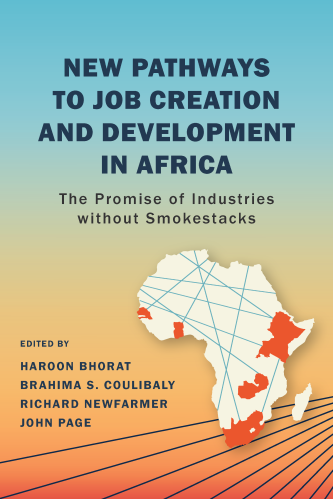
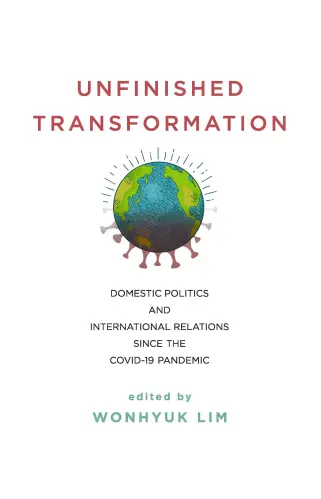
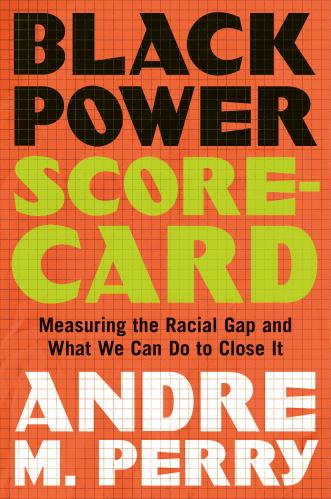
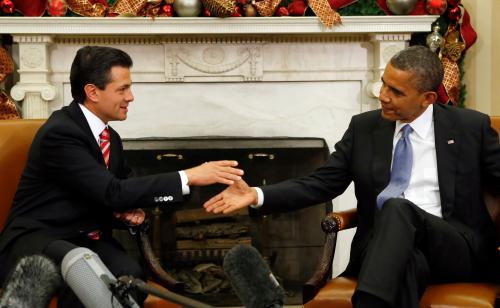
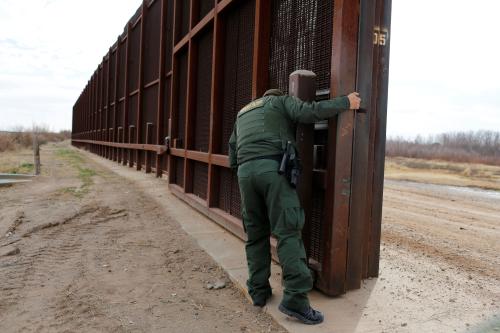
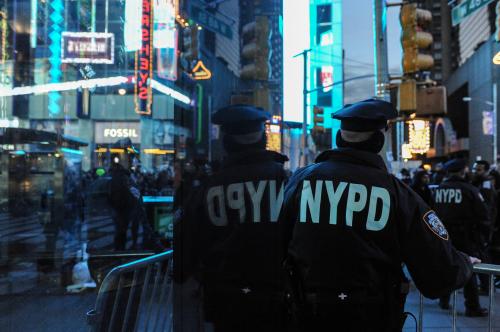




Commentary
Drugs, crime, and immigration: Nicer words from Trump, still bad policies
March 1, 2017